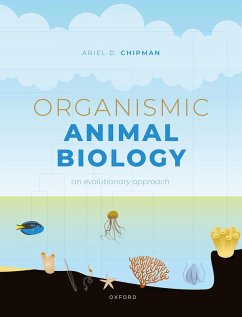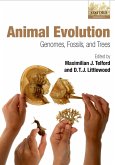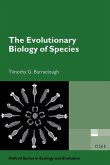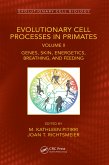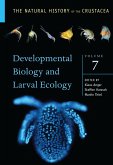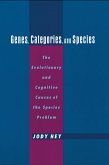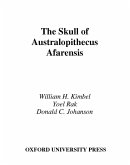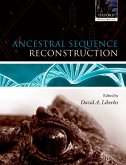Neither cellular/molecular nor ecosystem processes can be fully understood without a detailed understanding of the biology of the whole organism. Despite this, much of modern biology teaching tends to be focused on the cellular and molecular level, with the organism often neglected. This is particularly noticeable in many undergraduate biology programs, where introductory courses in animal biology are either given with limited evolutionary context or else use an outdated view of animal phylogeny. This accessible textbook provides a general conceptual framework for understanding the organismic level. It provides a broad overview of the diversity of animal life while focusing on general organizational principles with a few, carefully chosen examples rather than providing exhaustive specific details. The book adopts two parallel tracks, with most chapters focusing on one or the other. The first follows the general principles of organismic biology and animal organization, starting with the basic terminology and definitions in evolutionary biology before introducing the evolutionary framework for comparative biology. It then describes organizational principles and specific organ systems in a sequence of increasing complexity. The second track follows a phylogenetic journey, introducing the different animal phyla. Major phyla are given their own chapter with an overview of their common features and diversity. Organismic Animal Biology is an introductory textbook for an undergraduate course in organismal animal biology in a general biology or biotechnology program. It is explicitly aimed at students who will go on to be biomedical researchers, biochemists, cell biologists etc. and who need to understand the significance of the organism to their future research careers. It will also be a useful primer or easy reference for undergraduate and graduate students in more intensive organismic animal biology programs.
Dieser Download kann aus rechtlichen Gründen nur mit Rechnungsadresse in A, B, BG, CY, CZ, D, DK, EW, E, FIN, F, GR, HR, H, IRL, I, LT, L, LR, M, NL, PL, P, R, S, SLO, SK ausgeliefert werden.

